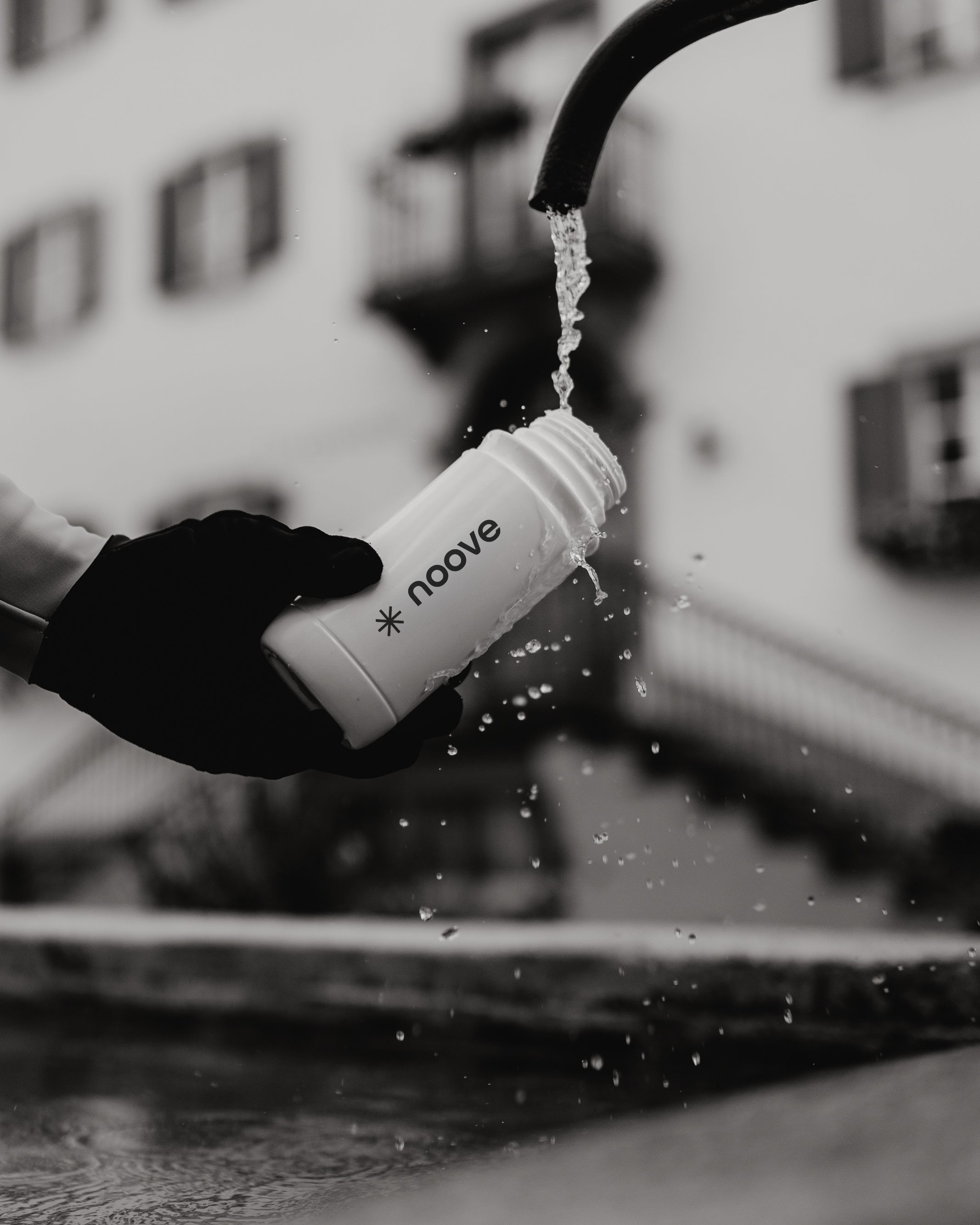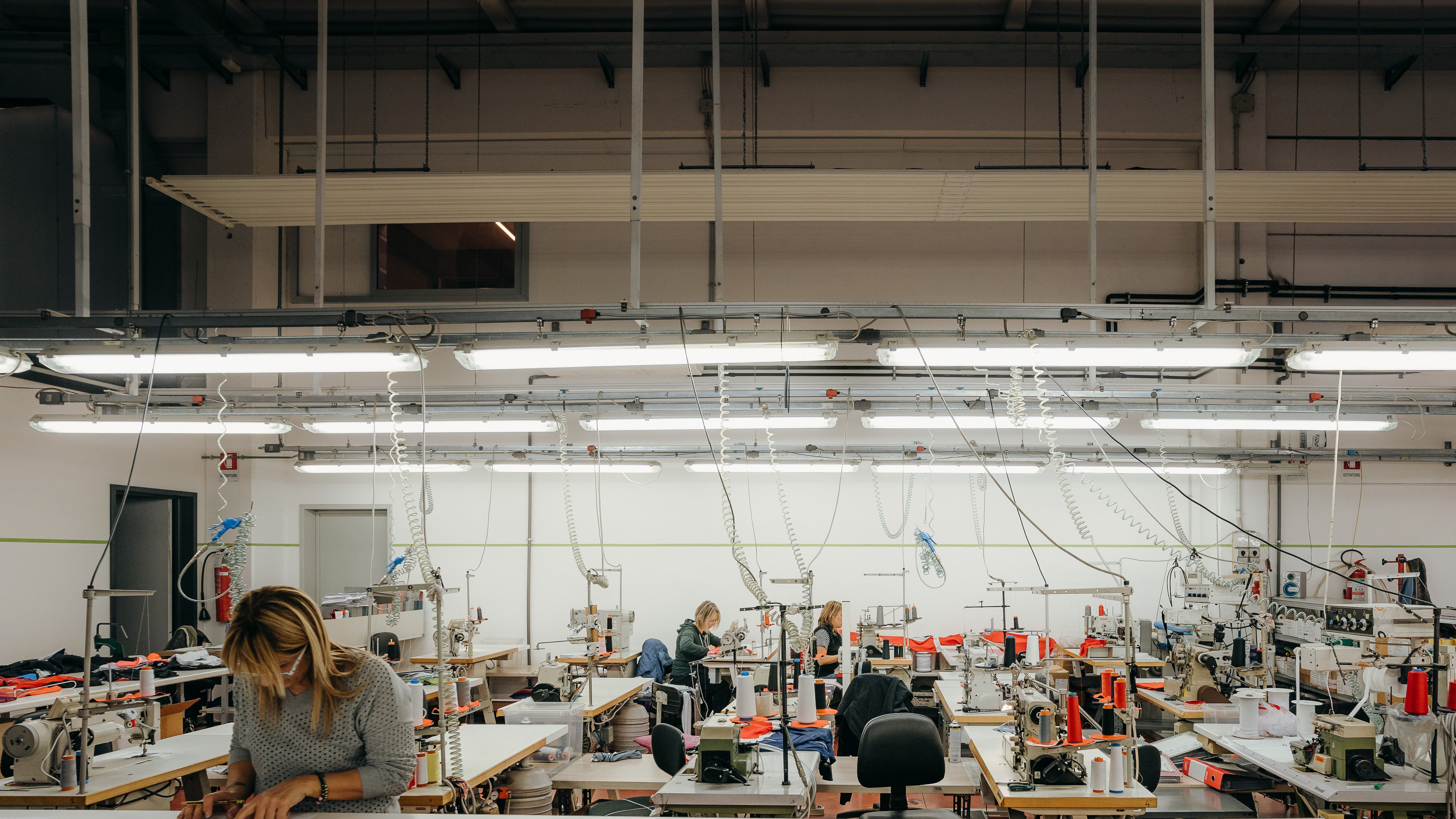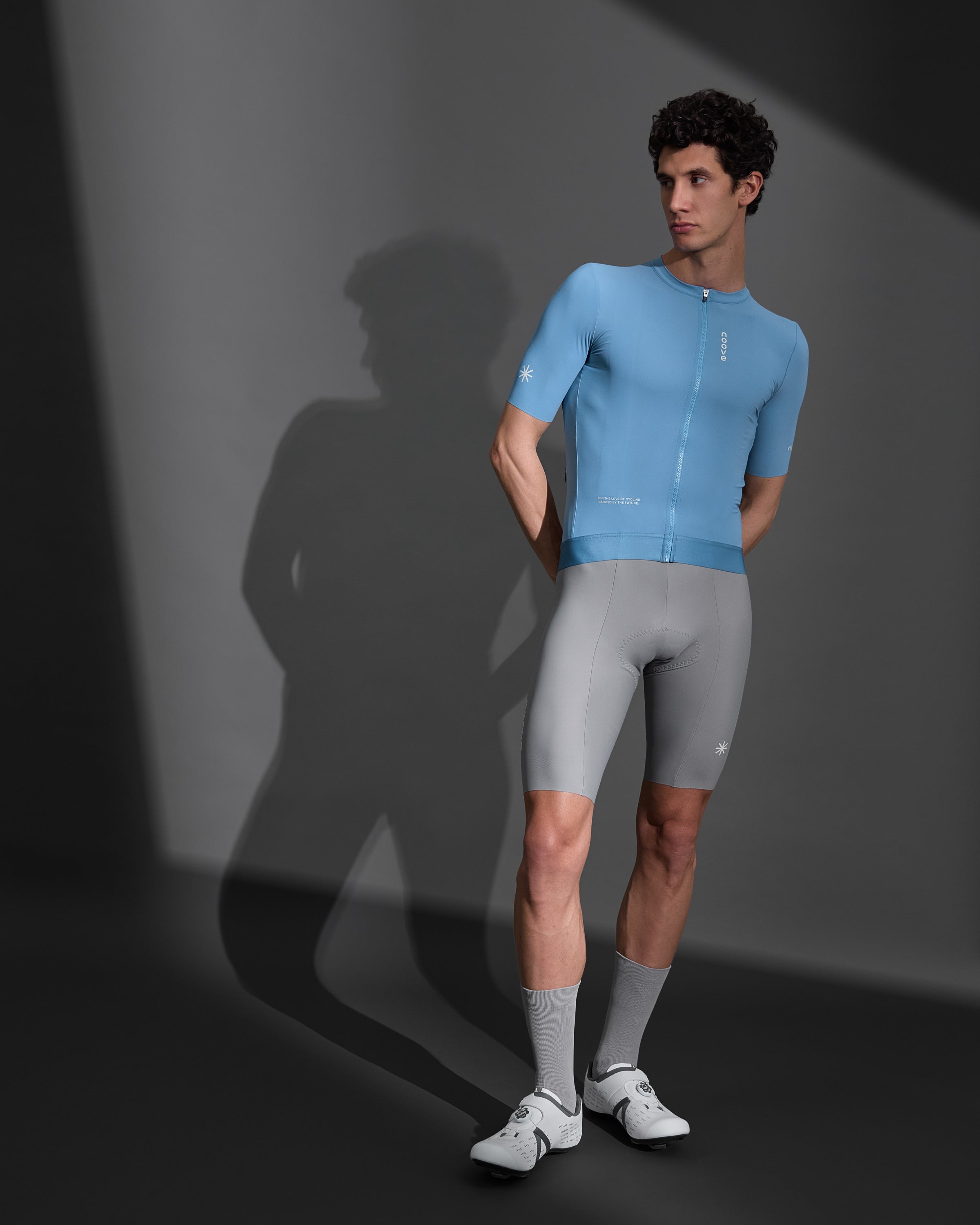Ten years ago, our founders embarked on a journey to create a modern standard for premium cycling apparel – sold directly to you. Over the past decade, we’ve been riding the same road, united by a passion that once even gave its name to our previous venture. You embraced this passion in everything we created, and it’s the same energy that now propels us into a new chapter.
A NEW REALITY
We founded Noove to meet a real need in the cycling world: refined design, responsible production, and a mindful approach to developing technical apparel. Our goal is to bring you gear that delivers high performance without wasting precious resources. Guided by our “no overstock, no overproduction” philosophy, we focus on an essential range of products suited to every type of cyclist. Thank you for riding alongside us all these years and for believing in what comes next.

LESS WASTE. MORE LASTING VALUE.
Noove is a privately owned, independent company based in Switzerland, here to offer a fresh perspective on cycling and what it means to produce high-quality garments. For us, essence means simplicity, functionality, and respect for resources.

THE FALSE PROMISE OF SUSTAINABILITY

RETHINKING A BROKEN SYSTEM

OUR TAKE ON RESPONSIBILITY
A GLOBAL CHALLENGE IN NUMBERS
Every year, the fashion and textile industry churns out a vast number of garments thatoften remain unsold or unused. According to some estimates. These figures highlight that focusing solely on performance while ignoring the impact of what we wear is no longer viable: we need to produce less, produce better, and truly cut back on waste.
Over 92 million tons of textile waste are generated worldwide each year
(Ellen MacArthur Foundation).
The fashion industry accounts for 10% of global CO₂ emissions, more than all international flights and maritime shipping combined
(UN Environment Programme).
By 2050, without concrete action, the textile supply chain could use up a quarter of the world’s carbon budget (Ellen MacArthur Foundation).

LOCAL PRODUCTION THAT RESPECT THE RESOURCES
We choose to produce locally to reduce transportation emissions and to maintain direct contact with our workshops. This results in higher quality standards, frequent inspections, and ongoing dialogue with our manufacturers, ensuring that every detail aligns with our values of responsibility and resource awareness.





